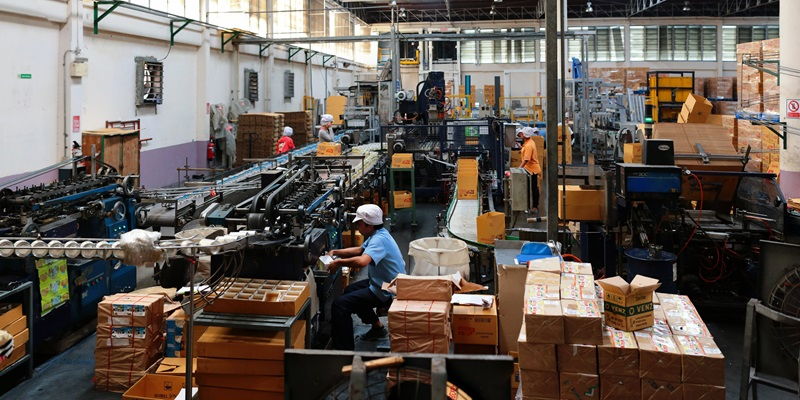The manufacturing industry is constantly evolving, with advancements in technology and changing market demands. In this highly competitive landscape, attracting and retaining top talent is vital for organizations to thrive. Human Resources (HR) professionals play a crucial role in this process, and by measuring and delivering data that supports HR’s effectiveness, they can enhance talent acquisition and retention strategies.
Importance of measuring and delivering data to attract and retain talent in the manufacturing industry
In today’s data-driven world, HR professionals must utilize metrics to prove their impact on the organization’s bottom line. By gathering essential HR data and effectively communicating it to stakeholders, HR can demonstrate its positive contributions to talent acquisition and retention efforts. This allows organizations to make informed decisions based on data-backed evidence.
Hiring for future needs in addition to current needs
While it is essential for HR to address immediate staffing needs, taking a forward-thinking approach is crucial. HR professionals should consider the future demands of the industry and identify the skills necessary five or ten years down the line. By hiring employees with potential for growth, companies can adapt to changing market dynamics and reduce turnover in the long run.
Utilizing data and projections from sales, marketing, and business strategy
HR should collaborate closely with other departments to gain insights into future skills requirements. Projections and data from sales, marketing, and business strategy can help HR identify emerging trends and anticipate skills gaps. By aligning recruitment strategies with these projections, HR can proactively address future talent needs.
HR’s role as a strategic partner in organizations
To effectively attract and retain talent, HR must become a trusted strategic partner within the organization. By actively participating in business strategy discussions and aligning HR goals with overall organizational objectives, HR professionals can position themselves as valuable contributors to long-term success.
Challenges faced by the manufacturing industry
The manufacturing industry often faces high turnover rates and the need for repetitive employee training. HR professionals must address these challenges by implementing effective retention strategies. By offering competitive salaries, career development opportunities, and a positive work environment, companies can reduce turnover and build a loyal and skilled workforce.
Preparing the existing workforce for the expectations of a new generation
As younger generations enter the workforce, they bring with them unique work styles and expectations. HR needs to ensure that the existing workforce is prepared to accommodate these changes. By fostering a culture of continuous learning, embracing technological advancements, and promoting diversity and inclusion, companies can bridge the generational gap and create a harmonious work environment.
Collaboration between HR and leadership team
HR must collaborate closely with leadership teams to ensure organizational readiness and support business development. By aligning HR strategies with business objectives, organizations can ensure that their talent management practices are in line with overall growth plans. This collaboration also helps in identifying potential skills gaps and implementing effective succession planning measures.
HR’s role in change management strategies is crucial
With technological advancements, the manufacturing industry is undergoing significant transformations. HR professionals can provide invaluable insights and advice on change management strategies for technology deployment and adoption. By effectively communicating the benefits of new technologies and fostering a culture of adaptability, HR can facilitate smoother transitions and minimize resistance from employees.
Clear Employer Services: Providing comprehensive human capital management solutions
Clear Employer Services is a leading provider of human capital management solutions in the manufacturing industry. They offer consulting services to help organizations optimize their talent acquisition, talent management, and employee engagement strategies. With their expertise and tools, Clear Employer Services ensures that businesses can leverage their human capital effectively.
In the dynamic world of manufacturing, attracting and retaining talent is pivotal for success. HR professionals can play a critical role by measuring and delivering data to support their effectiveness, hiring for future needs, and collaborating with other departments and leadership teams. By continuously adapting and leveraging technology, HR can meet the challenges of a changing workplace and contribute to the long-term growth and prosperity of the manufacturing industry.

